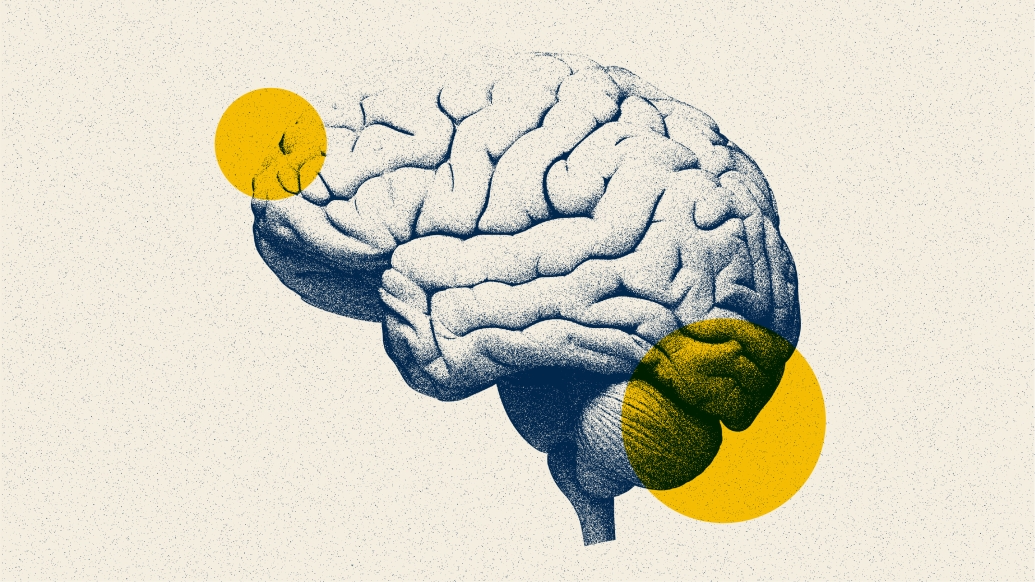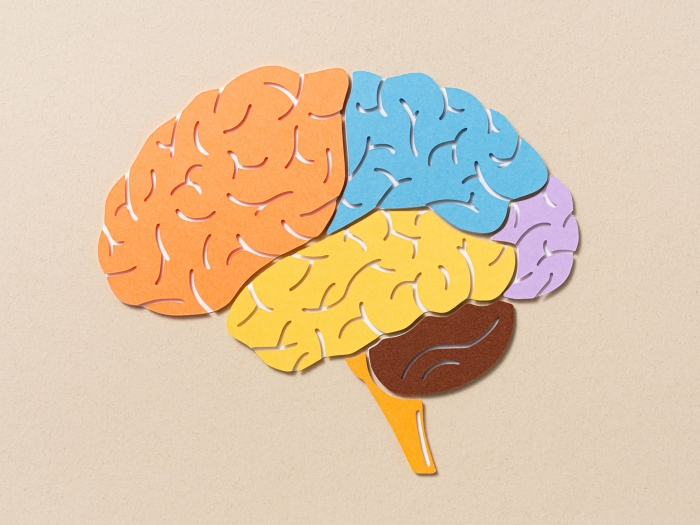Cognition scores remained stable, while secondary executive function tests showed improvement
9:48 AM
Author |

Within the next 10 years, it’s projected that up to 50% of United States adults will be affected by obesity, which is associated with cognitive impairment and dementia.
Investigators at Michigan Medicine found that people with obesity who underwent bariatric surgery had stable cognition two years later.
Researchers say it suggests that bariatric surgery may mitigate the natural history of cognitive decline expected in people with obesity.
The results are published in the Journal of Nutrition, Health & Aging.
“Since individuals with obesity experience more rapid cognitive decline than those without, stable cognition two years after bariatric surgery may be considered a success against historical trends, yet future controlled trials are needed to test this,” said first author Evan Reynolds, Ph.D., lead statistician for the NeuroNetwork for Emerging Therapies at Michigan Medicine.
Using a collection of memory and language tests developed by the National Institutes of Health, as well as the Rey Auditory Verbal Learning Test, the research team assessed over 85 bariatric surgery patients at two-year follow up.
They found that NIH Cognitive Battery test scores remained stable, with secondary executive function tests showing improvement.
One of the memory assessments, however, declined following surgery.
SEE ALSO: Diabetes linked to functional and structural brain changes through MRI | Michigan Medicine
While this current study is the largest to assess changes two years after bariatric surgery, researchers say, the results conflict with previous studies which found improved memory and executive functioning among similar patients.
“That study was primarily made up of patients who received gastric bypass, while our study was made up primarily of individuals that completed a sleeve gastrectomy,” Reynolds said.
“To provide the best evidence on the effectiveness of bariatric surgery on cognition and potential differences between surgery types, we must conduct larger observational studies or randomized, controlled trials.”
After bariatric surgery, improvements in diabetes complications, such as peripheral neuropathy, chronic kidney disease and retinopathy, were not associated with improved cognition.
“Metabolic factors, including diabetes and obesity, are associated with cognitive decline, but we still need to better understand how best to treat these factors to improve patients’ cognitive outcomes,” said senior author Brian Callaghan, M.D., a neurologist at University of Michigan Health and the Eva L. Feldman., M.D, Ph.D., professor of neurology at U-M Medical School.
Additional authors include Kristen L. Votruba, Ph.D., Maya Watanabe, Mousumi Banerjee, Ph.D., Melissa A. Elafros, M.D., Ph.D., Ericka Chant, M.P.H., Emily Villegas-Umana, B.S.N., R.N., Bruno Giordani, Ph.D., and Eva L. Feldman, M.D., Ph.D., all of University of Michigan.
The project described was supported by Grant Number P30DK020572 (MDRC) from the National Institutes of Health, National Institute of Diabetes and Digestive and Kidney Diseases.
Reynolds is supported by the NIH NIDDK (K99DK129785).
Elafros is supported by NIH NINDS (5R25NS089450).Feldman is supported by the NIH (U01AG057562, U24DK115255, R01DK130913) , the Robert E. Nederlander Sr. Program for Alzheimer’s Research, the Andrea and Lawrence A. Wolfe Brain Health Initiative Fund, the A. Alfred Taubman Medical Research Institute, and the NeuroNetwork for Emerging Therapies.
Callaghan is supported by the NIH NIDDK (R01DK115687).
Paper cited: “The effect of surgical weight loss on cognition in individuals with class II/III obesity,” Journal of Nutrition, Health & Aging. DOI: 10.1007/s12603-023-2047-1

Explore a variety of healthcare news & stories by visiting the Health Lab home page for more articles.

Department of Communication at Michigan Medicine
Want top health & research news weekly? Sign up for Health Lab’s newsletters today!





